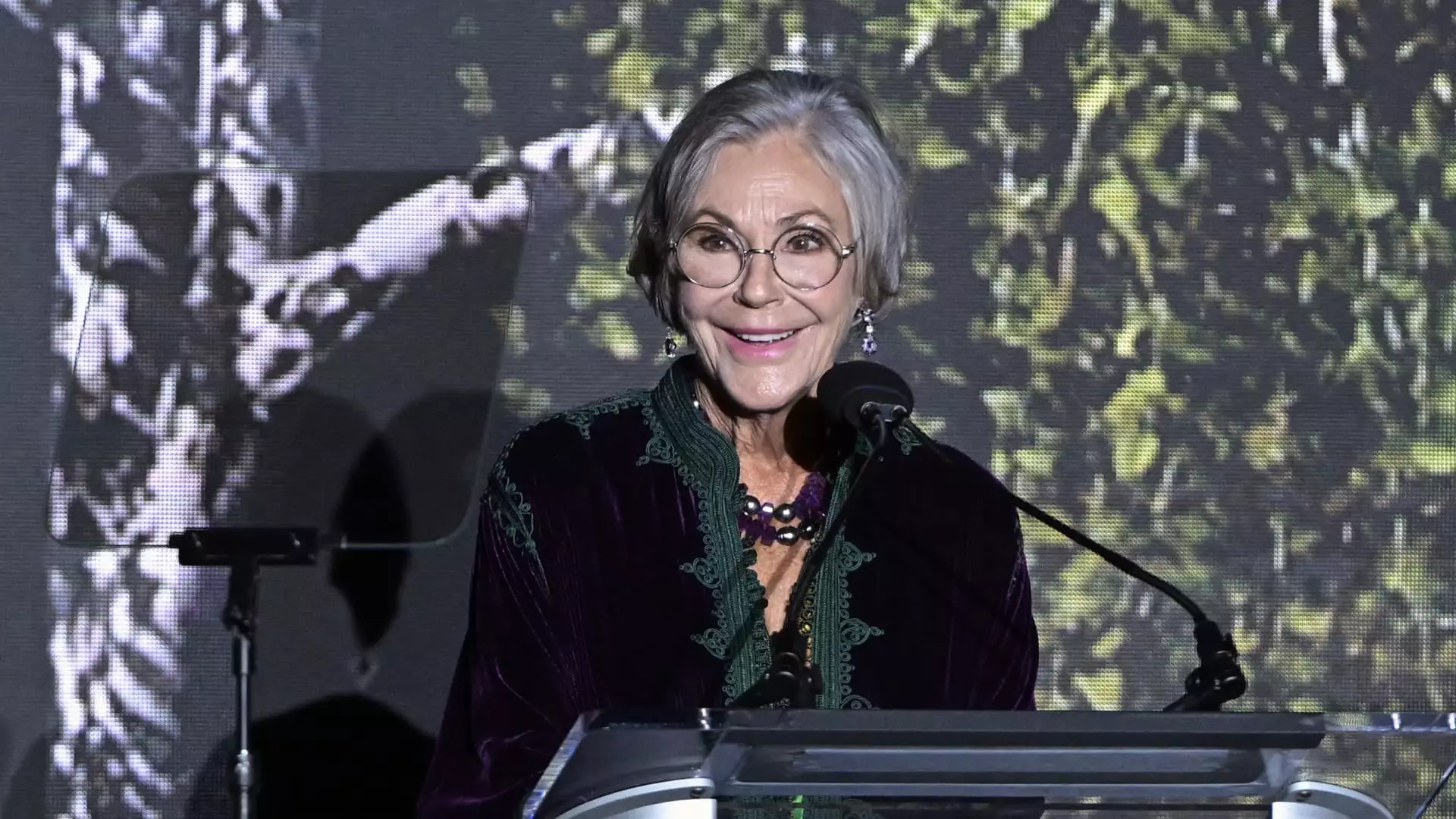The landscape of wealth is undergoing a profound transformation, particularly with the ascent of female billionaires. A recent report highlights that among the 3,323 billionaires globally, women now constitute 13%, or 431 individuals. While this figure might appear modest at first glance, it marks a significant shift—one that suggests evolving societal norms, increased female entrepreneurship, and shifting economic dynamics driven largely by inheritance. As more women amass substantial wealth, they are not only entering the ranks of the affluent but are also reshaping the contours of philanthropy and investment.
Over the last decade, the increase in the number of female billionaires can be attributed to several factors, primarily generational wealth transfers and changing cultural attitudes regarding women in business. According to the Altrata Billionaire Census, a significant 75% of women in this elite class have inherited their fortunes, with around 38% inheriting their wealth entirely. This stands in stark contrast to their male counterparts, where only 5% claim inheritance as their primary source of wealth. This discrepancy underscores an important narrative about wealth creation: while women are gradually becoming self-made, a substantial portion still relies on familial wealth.
The report further outlines that the trend of wealth being passed down to women is expected to escalate dramatically. Estimates from Cerulli Associates suggest that women are poised to inherit upwards of $30 trillion over the next decade—a pivotal shift known as the Great Wealth Transfer. This transition signifies a potential seismic shift in wealth distribution, elevating women’s influence in economic and philanthropic realms.
One of the most notable distinctions between male and female billionaires lies in their approach to philanthropy. Women billionaires tend to focus significantly more on nonprofit and social causes. Nearly one in five female billionaires dedicates most of their professional time to nonprofit work, a stark contrast to just 5% of men. This difference can be traced back to their familial wealth. With inherited wealth often comes a sense of social responsibility, fostering engagement in philanthropy, social justice, and welfare initiatives.
The inclination toward charitable endeavors is not only a manifestation of wealth but also illustrates a broader trend in societal values. As women gain financial independence, their philanthropic inclinations reflect an intrinsic desire to contribute meaningfully to society, thus shifting the narrative around wealth’s role in community development and social impact.
When examining the financial portfolios of billionaire women, evident disparities emerge in asset composition. Female billionaires are more likely to have an extensive holding in private companies and liquid assets compared to men. Specifically, 35% of female wealth is tied to private holdings, whereas male billionaires exhibit a greater inclination towards stocks, owning approximately 40% in this area compared to only 22% for women.
This divergence can partly be attributed to the underlying industries where both genders have found success. Many male billionaires owe their wealth to technology and public company launches, leading to a greater stock investment. Conversely, women, who often inherit private companies, maintain a substantial stake in these businesses, reflecting a different strategy towards wealth preservation and growth.
In exploring the realm of luxury assets, female billionaires have a marked preference for real estate and art. They are 1.5 times more likely to own properties valued at over $10 million, while their male counterparts indulge more in high-value “toys” such as yachts and private jets. The gender divide extends to hobbies as well: philanthropy overwhelmingly resonates with female billionaires, with 71% considering it their primary interest, contrasting with the predominance of sports among their male counterparts.
This difference is indicative of broader cultural expectations tied to gender, suggesting that as women gain wealth, they may also aspire to redefine the image of wealth ownership and its associated lifestyle, focusing on legacy-building rather than mere personal extravagance.
As the number of female billionaires steadily rises, the implications for wealth distribution, investment strategies, and philanthropy cannot be understated. The distinctions between male and female billionaires reflect evolving societal norms and underscore a shift towards a more inclusive understanding of wealth as a tool for social good. This trend portends a future where women may increasingly influence not only economic patterns but also the societal impact of wealth, paving the way for a more equitable and conscientious approach to financial power.

